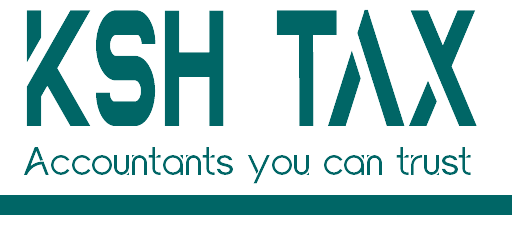Being a small business owner in Australia means understanding all the various tax deductions and write-offs available to reduce tax burdens.
This is because, through tax deductions, some of your business-related expenses will be subtracted from your total income, eventually reducing your tax liability.
Our blog post focuses on the key deductions and write-offs that Australian small business owners can benefit from.
Tax deductions and write-offs for your small business in Australia
1. Business start-up costs
Starting a business has never been easy, as the initial expenses are always viewed to be costly. Fortunately, many of these costs are considered deductibles. You are allowed to claim for deductions related to costs of setting up your business, including legal and accounting fees, market research and more.
Key start-up costs eligible for deductions include:
- Registration and incorporation fees
- Legal fees for contracts or trademarks
- Business planning and market research costs
Remember, some of these start-up costs need to be depreciated over time, so consult an accountant to understand the full scope of deductions available.
2. Home office deduction
If you work from home, as most businesses operate remotely, you can claim a portion of your home expenses as tax deductible.
The ATO allows individuals to make claims on home office running costs such as electricity, phone, and internet usage provided for business purposes.
Depending on your preference, you can calculate your home office deduction using the fixed rate method or the actual cost.
3. Vehicle and travel expenses
You can claim all the expenses incurred when using vehicles for business purposes, whether for meetings or deliveries.
You can also make deduction claims on public transport costs, meals and incidentals while travelling, and airfares and accommodations.
4. Equipment and depreciation
Business equipment purchased, such as computers, machinery, office furniture or other assets, can be claimed for deductions.
Depending on its value and lifetime use, you can always make an immediate deduction claim for it or depreciate the cost of an asset over time.
Through ATO’s system, small business owners can make an instant asset write-off, which allows them to immediately deduct the full cost of their assets up to a certain threshold limit.
5. Employee wages and superannuation
As an employer, you must make superannuation contributions on your employee’s behalf.
These can be deducted from the employee’s salaries and wages to make payment for the contribution.
Employees can also be subject to deductions if you provide fringe benefits such as cars or other perks.
6. Marketing and advertising
If your business is connected to marketing and advertising, it’s tax deductible. However, you can claim a deduction on expenses accompanied by advertising, sponsorship, or even marketing campaigns for self-promotion purposes.
Examples of deductible marketing and advertising costs:
- Social media advertising (Facebook, Instagram, LinkedIn)
- Website development and maintenance
- Print and online advertisements
- Sponsorships and events
- Business cards and brochures
7. Professional services and legal fees
As a small business owner, you must often obtain professional services, such as legal or business consulting.
For these services, you can always make a deduction claim for fees paid to lawyers and consultants, among other professional service providers related to your business operation.
8. Insurance premiums
Insurance is necessary for any business in operation, and premiums and insurance are generally considered deductible.
Whether it’s public liability insurance or professional indemnity, you can still claim it as business expenses.
Ensure that you maintain records of all premiums paid and ensure they are specifically meant for your business activities.
9. Interest on business loans
Taking out loans for business use means paying the loan with interest, which is considered deductible. However, the principal repayments are not deductible.
Conclusion
As a small business owner, you should always understand the tax deductions and write-offs that apply to your business. These will help reduce your taxable income and save you money.
Consider consulting your local tax accountant to ensure that you are claiming all your available deductions and staying compliant.
Always plan and keep accurate records for tax deductions and write-off purposes for your small business in Australia!












